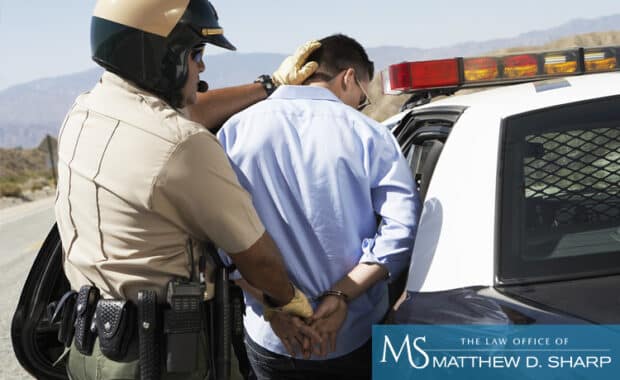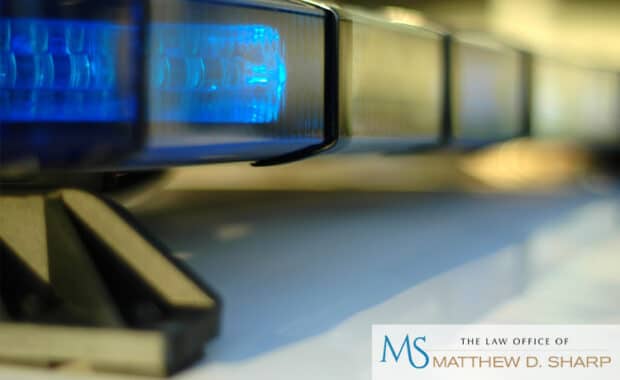Drinking and driving may look cool in the movies, but exceeding the legal blood alcohol content limit can produce severe repercussions in the state of Texas. When a driver is pulled over and arrested on suspicion of drinking and driving, they can be asked to submit to a blood alcohol content (BAC) test. The state of Texas has also adopted measures to respond to any driver that refuses to submit to the required test.
Implied Consent
Anyone that operates a vehicle or boat in the state of Texas is subject to the implied consent provision described in Section 724.011 of the Texas Transportation Code. When a driver is lawfully arrested on probable cause for driving under the influence (DWI) by exceeding the allowable blood alcohol content level of .08 percent, they can be required to submit to a blood or breath test.
Law enforcement officers have the discretion to require the operator of a vehicle to submit to one or both of the available chemical tests. The administration of a BAC test should be administered as near as possible to the arrest to attain an accurate measurement. Nevertheless, the driver also has the right to request an additional BAC test by a preferred medical professional within two hours of an arrest.
Refusing to Take a Test
In the state of Texas, the arresting officer is required to provide written notification of the consequences associated with refusing to submit to a blood alcohol test. The suspect will be notified of the following legal provisions:
- Refusing to take a BAC test can be used in court to obtain a DWI conviction.
- Refusing to submit to a BAC test will also result in a 180 day suspension of a suspect’s driver’s license.
- If the driver agrees to take a test and the BAC exceeds the legal limit, the suspect’s driver’s license will be suspended for no less than 90 days.
When a DWI suspect refuses to submit to a blood alcohol test, they will be asked to sign a document to indicate that they have been warned about the possible legal sanctions. The arresting officer will then take possession of the suspect’s license and replace it with a 41 day driver’s permit. The suspect will be given 15 days to request a hearing to challenge the suspension of their license.
If the suspect does not request a hearing, the 180 day license suspension will remain in place. If the suspect does request a hearing, they must prove that they didn’t refuse to take a BAC test or that the officer did not have probable cause for making a DWI arrest. Otherwise, a first refusal will result in the standard 180 day license suspension. A second or subsequent refusal within a span of 10 years will result in a two-year suspension of driving privileges.
If you would like to know more information regarding refusing to take a DWI test, then reach out to The Law Office of Matthew D. Sharp at 713-868-6100.




